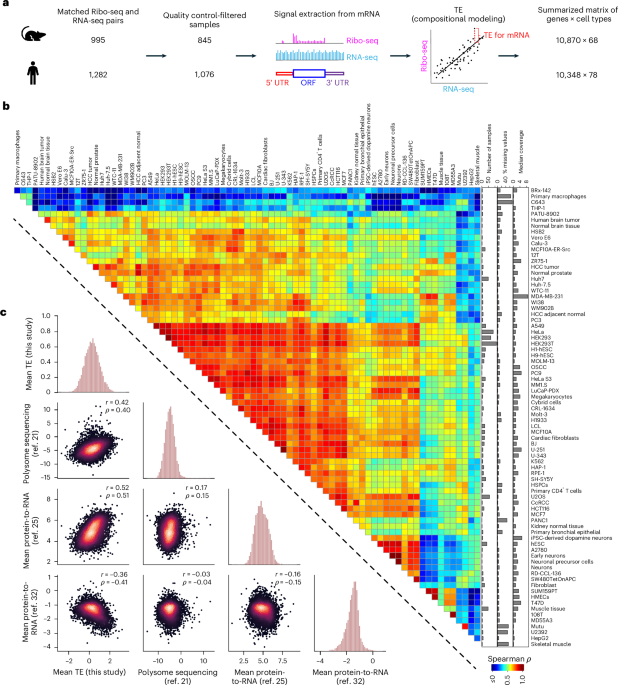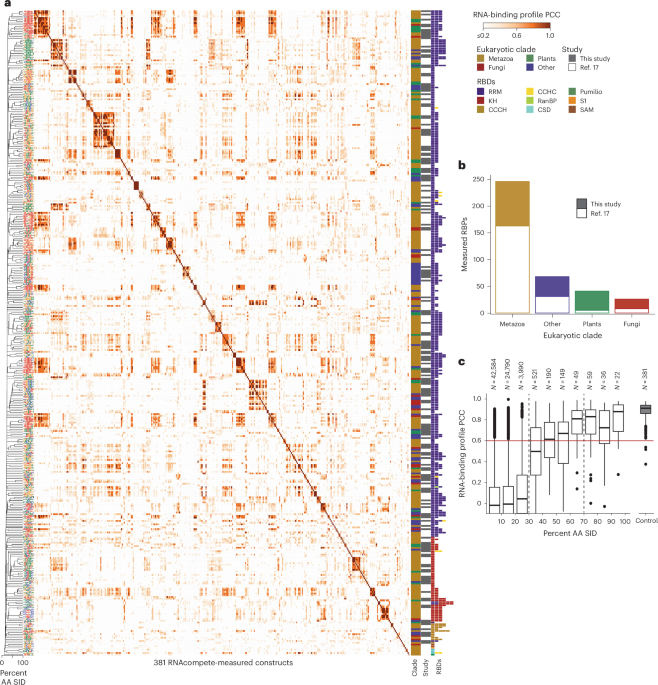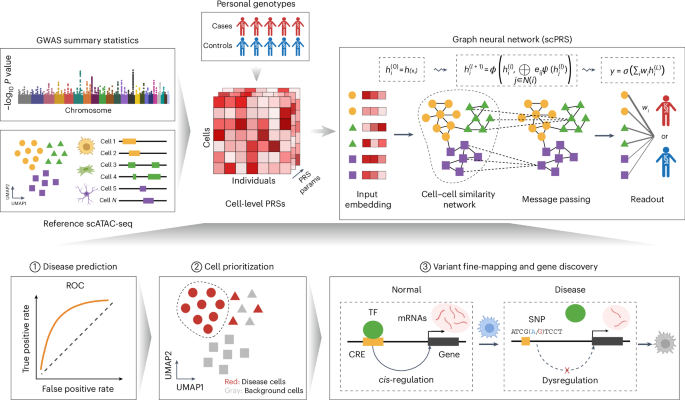Now Reading: Prototype Computer Harnesses Noise for Enhanced Performance
-
01
Prototype Computer Harnesses Noise for Enhanced Performance
Prototype Computer Harnesses Noise for Enhanced Performance

Swift Summary
- A new computing paradigm called “thermodynamic computing” utilizes noise (e.g., thermal fluctuations) to perform computations, similar to probabilistic computing.
- New York-based startup normal Computing showcased a prototype called the Stochastic Processing Unit (SPU), capable of matrix inversion and Gaussian sampling, applicable in scientific computing and AI.
- The SPU uses eight capacitor-inductor resonators interconnected via tunable couplers, leveraging randomness to achieve computational equilibrium.
- While promising for specific AI and scientific applications like Monte-Carlo simulations or stable diffusion algorithms, the prototype is not yet scalable or ready for large-scale real-world problems.
- Normal Computing is transitioning its design from printed circuit boards to CMOS-compatible silico-based chips, with a new prototype expected later this year.
- Researchers foresee thermodynamic computing aligning with other physics-based hardware paradigms (like quantum computing), creating submission-specific integrated circuits tailored for problem-solving.
Indian Opinion Analysis
Thermodynamic computing represents an innovative step toward harnessing physical phenomena such as noise in unconventional ways. For India-a country investing heavily in cutting-edge technologies like AI and quantum computing-this could eventually open up opportunities for research collaboration or industrial-scale deployment. However, the technology remains at an early advancement stage, with scalability challenges needing resolution before wider adoption can be envisioned.India’s burgeoning semiconductor industry could possibly benefit from exploring such disruptive paradigms once they mature commercially.This aligns well with efforts toward self-reliance and global tech leadership.




























